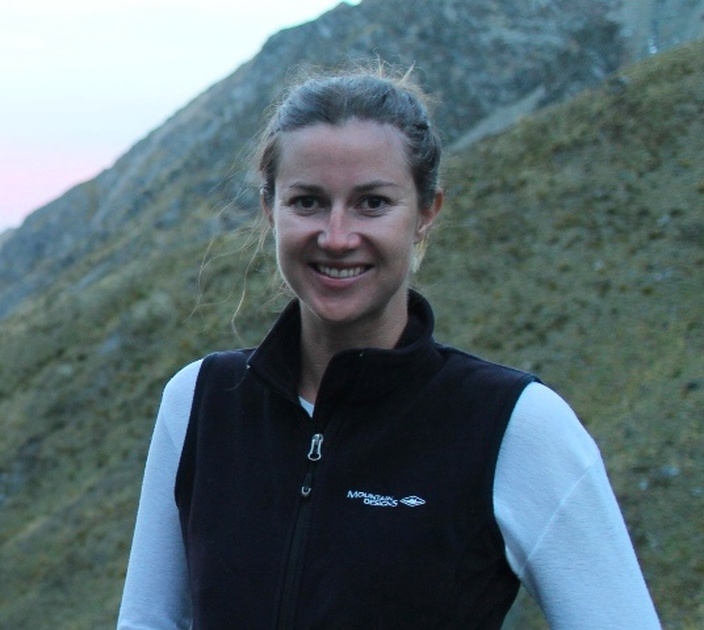You can contact LEARNZ, part of CORE Education, at:
Postal Address:
PO Box 13 678,
Christchurch 8141,
New Zealand
I am a marine ecologist at the Cawthron Institute.
I monitor the marine environment to make sure that human activities are not impacting the health of these ecosystems. This work takes me all around the country and includes diving on reefs near aquaculture farms, counting shellfish in estuaries and towing video cameras behind boats to see what is living on the seafloor.
I also carry out research to help people understand how the marine environment works. For example, we set up experiments in estuaries where we added fertiliser to the mud to see what effect this has on the animals living there. This research helps people understand what will happen if too much nutrients wash into estuaries from the surrounding land. I also work on a project in Kaikoura which is looking at the effect that the earthquake had on the marine environment. Big parts of the coastline were lifted out of the water, meaning there are less areas for rocky reef animals, like paua, to live.
I studied zoology and marine science at the University of Otago. After university I worked overseas, teaching marine biology on a catamaran in the Caribbean, working with sea turtles in Costa Rica and monitoring coral reefs in Tobago. When I came back to New Zealand, I was hired as a marine ecologist at the Cawthron Institute and I have worked here for eight years now.
I love my job because it’s different every day and I get to be outside in the ocean. I also enjoy solving problems and helping make sure the marine environment stays healthy.
Sometimes the fieldwork can be tough. Getting seasick, encounters with overly curious sharks, walking through deep mud in estuaries, diving near outfalls that discharge fish waste into the ocean. But the good parts outweigh the bad!
I have just come back from a week-long trip to Fiordland. We were diving and looking at the rock wall communities to make sure that extra water coming into Doubtful Sound from a nearby power station isn’t changing the ecosystem. While diving we encountered sevengill sharks, dolphins, kingfish, black corals and octopus.
Many of our jobs involve working as a team. When we were diving in Fiordland we needed to find small tags that mark a spot on the rock wall that we photograph each year. There are 20 tags at each site and we use the photographs to make sure that the same animals (e.g. black corals, sponges) are still there each year. The tags are very hard to find because things like seaweed and sponges grow over and hide them. Everyone chips in to find tags and once all the tags are found, you can start working on your individual job at the site. My job is to count all the sea stars and sea urchins. Once the air in our scuba tanks starts to run out, we need to finish our dive. Everyone is always happy if we manage to get everything finished and we don’t have to hop back in the water for a second dive.
I once organised a team of people to help me with an estuary experiment. When we arrived at the estuary the tide was still in so we couldn’t start our work. We waited for an hour and the tide still hadn’t gone out, so I walked down to the water to check what was happening. When I got down to the edge of the estuary I realised the tide had been out for ages, but a reflection made it look as though the bay was full of water! I learned to check things properly in the future to avoid wasting people’s time.
Outside of work I enjoy tramping and biking in the mountains, cooking delicious food and travelling.

Dana Clark is a marine ecologist at the Cawthron Institute. Image: Supplied.